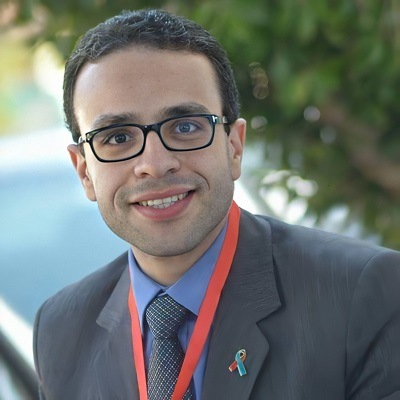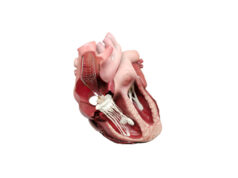
Minimally invasive aortic valve replacement (miAVR) in select patients with severe aortic stenosis offers a number of possible advantages over alternative approaches, writes Ahmed Bendary (Benha University, Benha, Egypt), who notes that there has been renewed interest in the technique in recent years. He discusses the evidence for situations favouring miAVR over transcatheter aortic valve implantation (TAVI), and argues that head-to-head studies comparing the two approaches should be considered.
Most of the available literature focuses on the comparison of transcatheter aortic valve implantation (TAVI) and classic surgical aortic valve replacement (SAVR) in managing patients with severe aortic stenosis (AS). However, in recent years there has been a renewed interest in minimally invasive aortic valve replacement (miAVR) in selected patients, being associated with decreased blood loss, shorter intensive care unit stay durations, and lower acute kidney injury (AKI) and perioperative mortality rates. Potential advantages of miAVR over TAVI include the ability to directly observe the valve during the operation, removal of annular calcifications and lower incidence of paravalvular leakage (PVL). However, these may come at the cost of longer hospital stay durations and higher risk of AKI. Unfortunately, no randomised trials have attempted to compare outcomes of TAVI versus miAVR, and observational studies have inherent biases.
In an attempt to reduce these potential biases, our group has recently published a meta-analysis in OpenHeart-BMJ,1 pooling data of matched observational studies comparing miAVR to TAVI outcomes. This was led by Ahmed Sayed (Ain Shams University, Cairo, Egypt), with Abdelrahman Abushouk (Beth Israel Deaconess Medical Center, Boston, USA) as a senior author.
We included 11 cohort studies spanning 2009‒2019 comparing TAVI with miAVR only, seven of which were either multivariate or propensity matched. The final study cohort consisted of 4,674 patients (mean age, 82 years) undergoing either TAVI (n=2,346) or miAVR (n=2,328) and followed for an average of 26.7 months.
Among five studies with available data, there were no differences observed between both procedures for 30-day mortality, but mid-term mortality (defined as follow-up of at least one year) was significantly higher for TAVI among data from four studies. TAVI showed more PVL in five studies, less AKI in four studies, and shorter hospital length of stay in six studies. Importantly, there were no differences observed for stroke and major bleeding.
We observed no difference in AF between TAVI and miAVR but found less postoperative AF when looking only at transfemoral route for TAVI, a group in which the use of newer-generation valves was frequent (RR 0.14; 95% CI 0.04‒0.48).
One of the most notable findings from the study was the higher rate of midterm mortality for TAVI over miAVR. It makes full sense because this is consistent with longer-term follow-up data from RCTs comparing TAVI to classic SAVR in either intermediate- or even low-surgical-risk patients, which showed that the large effect size favouring TAVI seen in the first year of follow-up wanes with time. In other words, TAVR might be losing ground with years. However, caution should be exerted in interpreting these data, taking into consideration the observational nature of the included studies, and the potential for unmeasured confounders.
The present study is the first of its kind in the literature that pooled data comparing TAVI versus miAVR with a higher degree of certainty and statistical power. The results will of course help the heart team as a whole in deciding on the best option for each individual patient with AS. At this point, the evidence is not sufficient to recommend practice changes, and a randomised comparison is needed but is unlikely to happen—with industry funding for such a study likely to be challenging.
Ahmed Bendary is at Cardiology department, Benha faculty of medicine, Benha University, Benha, Egypt.
References
1. Sayed A, Almotawally S, Wilson K, et al. Minimally invasive surgery versus transcatheter aortic valve replacement: a systematic review and meta-analysis. Open Heart. 2021 Jan 1;8(1):e001535.













